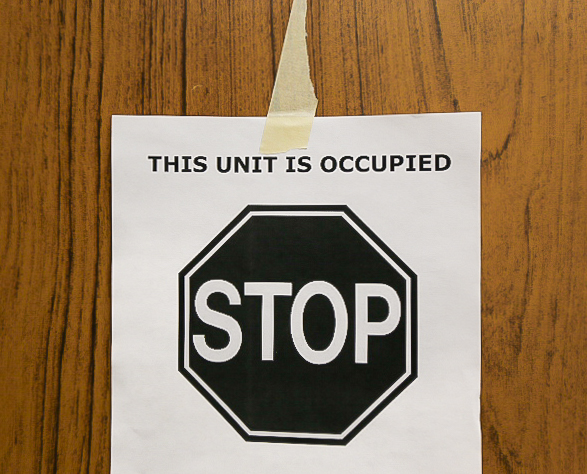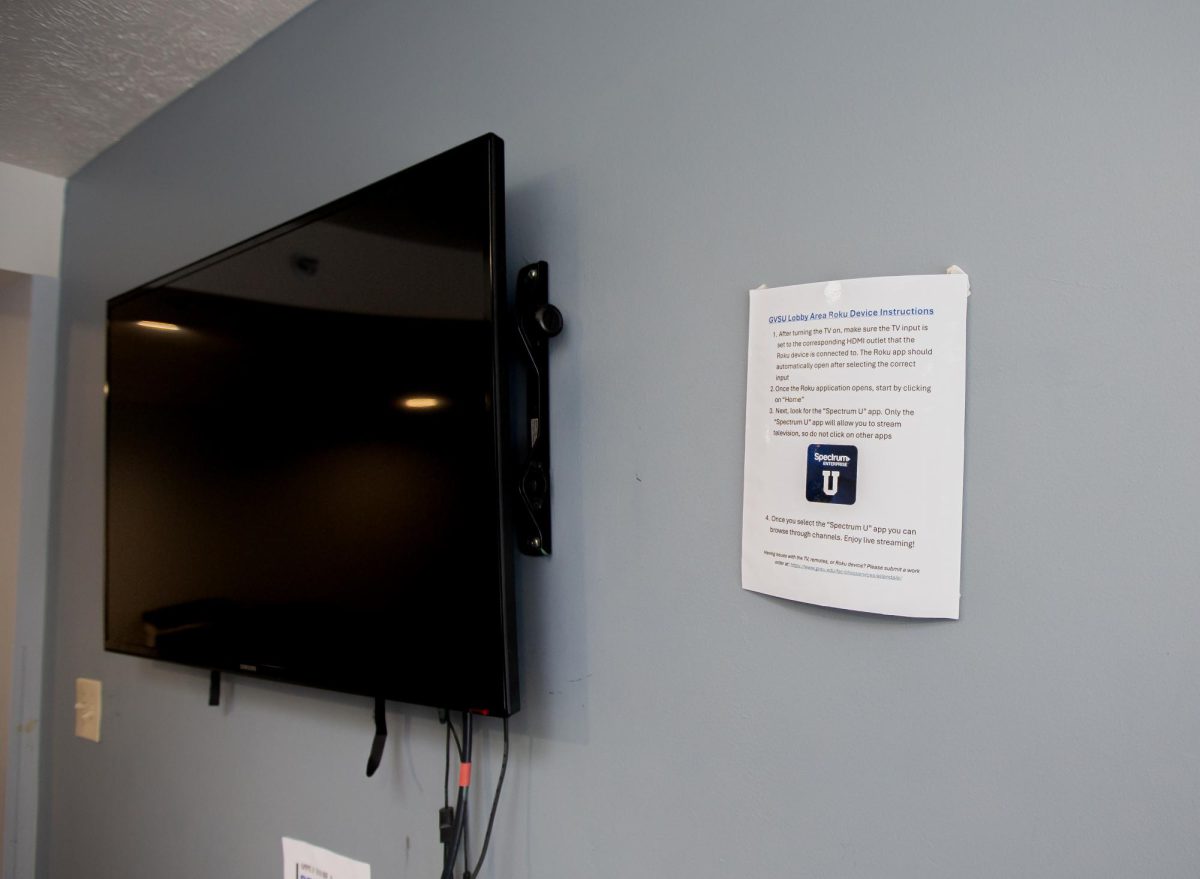Money Matters
Mar 12, 2015
10 easy ways to save money in college:
- Make your own coffee. While coffee shops are convenient, spending $5 every time you want a salted caramel mocha frappuccino with skim milk isn’t cost effective.
- Never take out a loan for anything that’s unrelated to your education.
- Wait to get a pet until after you graduate. Food, grooming and veterinary bills are expensive.
- Go to class. Since you’re paying for it, skipping class is the same as throwing money in the trash.
- Don’t make impulse purchases.
- Limit the number of times you go out to eat every month.
- Take the bus as often as possible to save on gas.
- Consider being a resident advisor, you’ll get free room and board.
- Don’t spend a ton on decorating your dorm room or apartment. Pinterest has plenty of creative ideas for students on a budget.
- Don’t go grocery shopping when you’re hungry, ever.
Clever ways to circumvent college costs
*Content from MetroCreativeConnection*
College tuition and fees are perpetually on the rise, so it’s no great surprise that today’s students are graduating with more college debt than ever before. Though some students might feel helpless with regard to avoiding student loan debt, there are some clever ways for youngsters to pay for college and stay out of debt.
* Work with a service organization. Many universities are affiliated with nonprofit organizations, and students who work for affiliated organizations may be eligible for scholarships provided by the organization and/or the university. Wages for workers who take advantage of such programs tend to be very low, but those students who serve full stints could earn scholarships worth several thousand dollars. Students can explore such opportunities by speaking with their universities to determine if the schools are affiliated with any service organizations. If not, students with a desire to give back can find charities that reward their workers with college scholarships.
* Sign up for studies. College students often lament their lack of spending money. That’s especially true today, when many students put their earnings from summer jobs or internships toward their tuition. But opportunities for relatively easy money abound on college campuses, where researchers need subjects for studies. Signing up to be a subject for a study can be an easy and lucrative way to earn money that can be used to pay tuition or everyday expenses that often go overlooked when planning a budget. University job boards or department bulletin boards often advertise needs for study participants, so college kids strapped for cash should monitor such boards in an effort to earn some extra income.
* Start a business. Though college kids might not have the time to start building the next Fortune 500 company, starting a small business can be a great way for students to earn money and set their own schedules. A tutoring business that caters to local high school students or even fellow college kids can be a great way for college students to make practical use of their education. Just a few hours of tutoring each week can be enough to help college students mitigate the costs of campus life, and if the business grows big enough, students might even be able to put a dent in their tuition fees.
* Live at home. While living at home is an option available only to those students who attend in-state universities within spitting distance of Mom and Dad, it’s an increasingly reasonable decision for students worried about accruing excessive student loan debt. While room-and-board fees vary widely, U.S. News reported that the average charges for on-campus living during the 2013-14 school year were $9,689. Over the course of four years, students will spend nearly $40,000 just to live on campus, and many students will pay those costs via student loans. Students whose primary goal is to avoid substantial postgraduate debt may find that living at home, while not necessarily ideal, is the most effective way to do just that.
Weigh your options regarding credit and debit cards
*Content from MetroCreativeConnection*
Credit and debit cards are how many people make their purchases, both big and small. Many people would rather swipe a card at the checkout counter than count cash. These cards offer unmatched convenience and can help keep receipts organized and purchases accountable with minimal effort.
But credit cards and debit cards are not perfect. One of the biggest disadvantages to using cards to make all purchases is the tendency to lose track of your spending. When paying with cash, consumers can visibly see the money leaving their pockets and know when that money has run out. Paying by card is an abstract concept that doesn’t become real until bills are received or bank statements are reviewed.
Although debit and credit cards are frequently used interchangeably, there are times when one is preferable over the other. Here’s how to decide which card to use.
* Need to build credit? Use a credit card if you are trying to establish a positive credit history. However, you must pay your bill in a timely fashion, and it helps to pay the entire balance each and every billing cycle to develop a good credit score.
* Don’t want a large monthly bill? Debit cards withdraw money directly from your account at the moment the transaction occurs. Much like spending with cash, debit cards let users know when they have run out of cash, as cards will be denied if the transaction is not approved. If you do not want to pay a large bill at the end of the month, debit cards are the better choice.
* Prefer greater security? Great strides have been made to thwart would-be identity thieves and keep financial data safe. However, as was evidenced by the major data breach in Target’s payment system in late 2013, when millions of credit and debit card numbers and PIN codes were hacked, no system is entirely foolproof. Credit cards offer added security because if fraudulent purchases are made, your credit card account will be quickly frozen and you will not be held accountable. When using debit cards, you are spending your own money up front. Fraudulent purchases may be fixed over time, but it could leave a deficit in your account until matters are resolved.
* Want to minimize fees? Debit cards do not charge interest or minimum charge penalties. There’s no need to worry about being late for a payment and getting charged a fee, and causing your balance to skyrocket. Gas stations and other retailers that may charge more per purchase for using credit cards will treat debit cards like cash and offer the same discounts.
* Enjoy perks? Credit card companies will sell you their card over another based on various perks. In addition to competitive interest rates, perks may include being able to accumulate travel points, cash-back dollar amounts, advanced ticketing offers for shows and sporting events, discounts and coupons for certain retailers, and many other benefits.
More and more consumers are relying largely on credit cards and debit cards to make their purchases. Each type of card has its benefits and disadvantages, so consumers must weigh their options to determine which type of card works best for them.

























